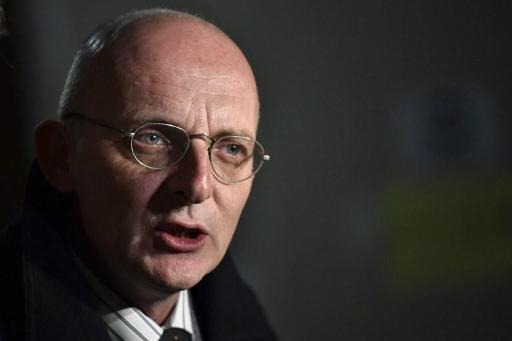In Belgium, few people really understand what terrorism is and how to treat victims, says V-Europe, an association which brings together some 200 people affected by the terrorist attacks in Brussels on March 22, 2016. “There is a glaring lack of expertise in this regard, both among authorities and insurance companies”, underlines Philippe Vansteenkiste, chairman of V-Europe.
“It was a very difficult period,” says Vansteenkiste, whose sister was killed at Brussels Airport. "There was mounting stress and a frustration that is still there. After two years, the commemoration makes many people realize that they aren’t always being helped as they should be."
The association he chairs mainly deplores a lack of expertise in the treatment of victims of terrorism. Belgium could be inspired by other European countries.
"We don’t know where to go and there is no adequate follow-up. We need real awareness. To reach out to the victims, as is done in Spain where there is legislation on the matter, is to fight against terrorism and a way to show the unity of a country.”
Another bitter finding raised by V-Europe concerns compensation.
"There has been little progress in a year. Although urgent aid has been granted, most of the aid hasn’t arrived. The insurance files haven’t yet been closed. It’s incomprehensible that some people are judged without proper consideration of post-traumatic stress that will have an impact on the rest of their lives."
Vansteenkiste stresses how difficult it is for people who were affected by the terrorist attacks to have to "re-victimize" themselves in order not to lose rights, whereas they would like to continue with their lives. "The current system makes it necessary to continually prove that one is a victim, to constantly justify one's wounds."
"After two years, the problems aren’t the same," he continues.
"For example, we don’t understand that in case of post-traumatic stress disorder, a disability of 10% is not necessarily recognized, which would give certain legal rights. The fact that people have lost all the pleasure of living, isn’t it worth 10%? We should learn from the experience of other countries.”
In addition to Spanish legislation, French initiatives could also inspire the Belgian authorities, he said. "You have to look at the picture as a whole and give victims time to reintegrate into society. This is their priority."
Philippe Vansteenkiste admits that there are many people working in ministries and cabinets who are available for the victims. "We salute them, but we don’t see any results yet. We are wasting time because communication between the different entities involved in the problem isn’t always easy."
"We hear that things are moving," he concludes on a positive note, referring to the recent announcement of a bill that would improve the conditions of compensation for victims of terrorism. "But we expect something concrete."
The Brussels Times

